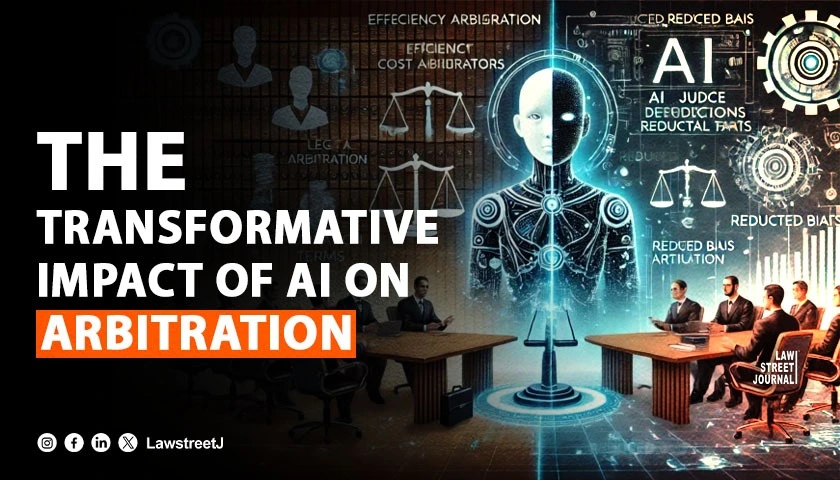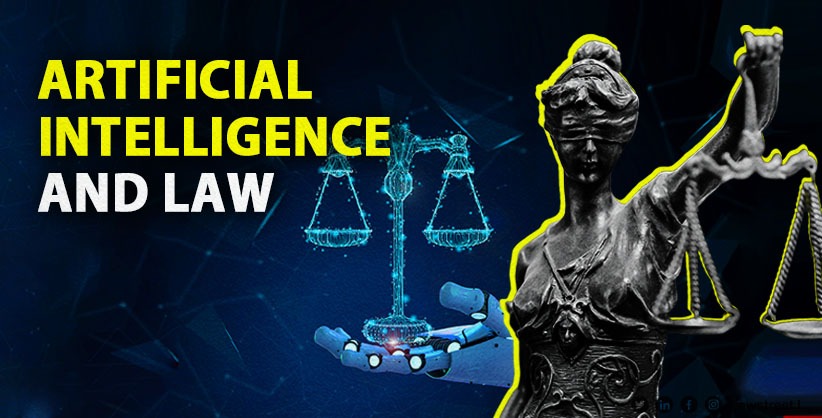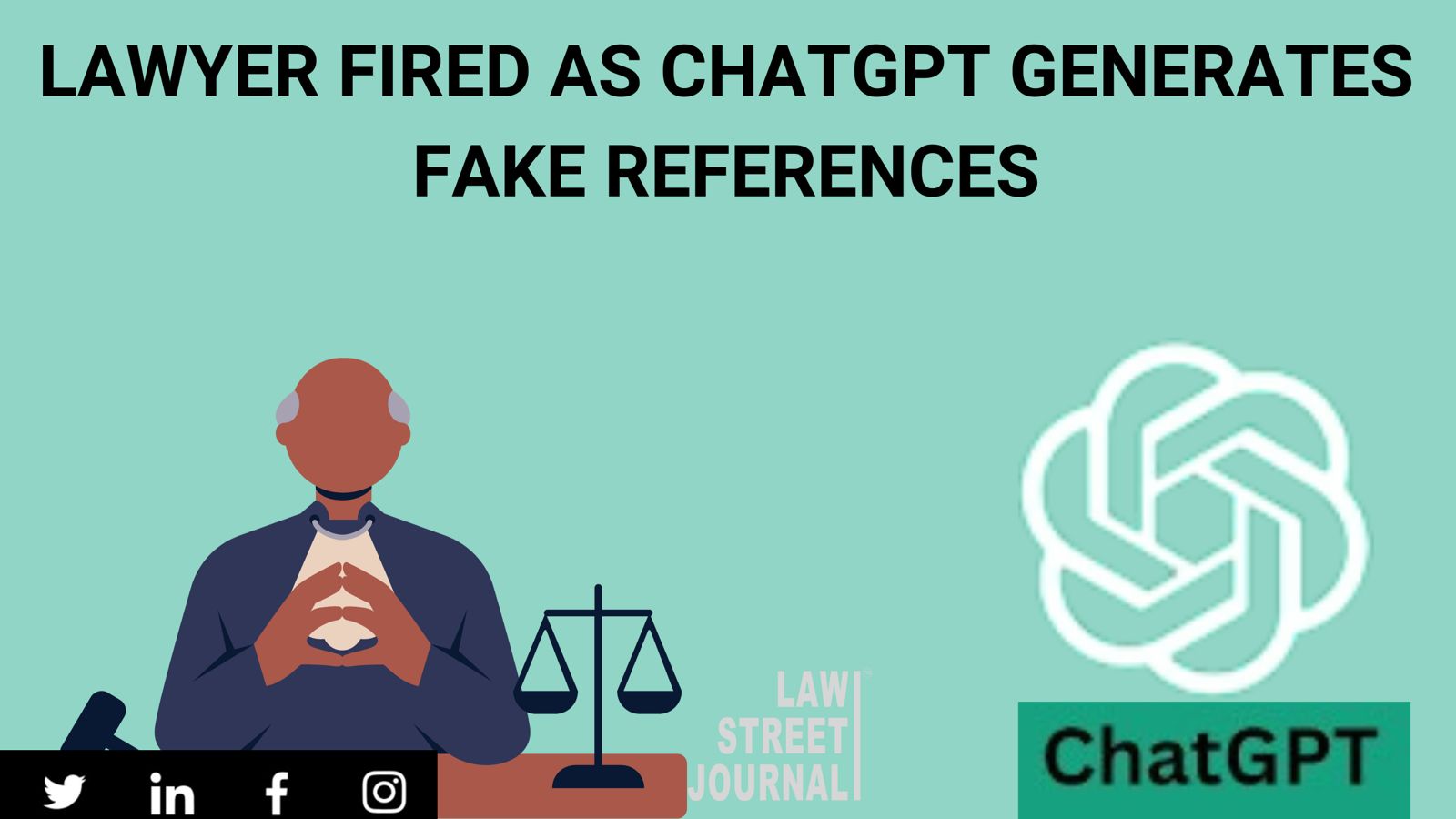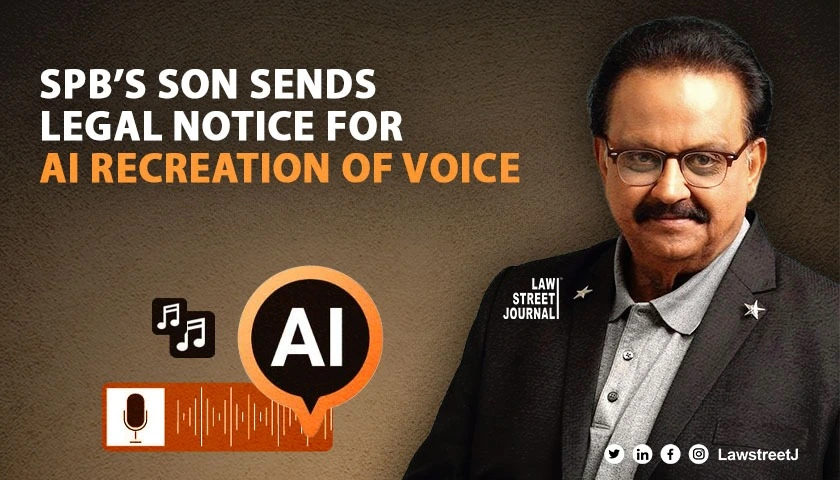New Delhi: In today’s fast-evolving legal landscape, Artificial Intelligence (AI) is reshaping how disputes are resolved, particularly in arbitration. What was once an informal method for settling disputes has become a structured process governed by established rules. As disputes grow in volume and complexity, AI is stepping in to streamline arbitration, making it faster, fairer, and more accessible. From automating repetitive tasks to predicting case outcomes, AI is revolutionizing the arbitration process. Let’s explore how this technology is transforming dispute resolution and what it means for the future.
The Rise of AI in Arbitration
Arbitration is a consensual process where parties agree to resolve disputes through an arbitral tribunal, typically consisting of one or three arbitrators. Unlike traditional litigation, arbitration offers flexibility and convenience. Now, with AI’s integration, the process is becoming even more efficient. AI enables machines to perform tasks requiring human-like intelligence, a capability that has already transformed industries like healthcare and finance. The legal field is no exception, with AI being used for drafting legal documents, conducting research, and even advising on cases. AI’s impact on arbitration is profound. It speeds up proceedings, cuts costs, and enhances fairness by automating labor-intensive tasks and providing data-driven insights. For instance, AI tools can manage massive volumes of documents, predict case outcomes, and even assist in selecting the right arbitrator. This technology is breaking down logistical and financial barriers, making justice more accessible, especially for those in remote areas.
AI-Powered Innovations in Arbitration
AI is driving innovation across various aspects of arbitration. Here are some key areas where it’s making a difference:
1. Streamlining Document Management
Arbitration often involves handling extensive paperwork, including contracts, pleadings, and evidence. Reviewing these manually is time-consuming and costly. AI tools like Kira Systems and Everlaw use machine learning to analyze documents, identify key clauses, and extract relevant data. These tools reduce the workload, allowing arbitrators to focus on complex issues. For example, Everlaw provides instant transcription and translation, enabling effective communication across diverse linguistic backgrounds.
2. Predicting Case Outcomes
AI-driven predictive analytics is a game-changer. Tools like PreDicta analyze historical cases, court rulings, and even judges’ tendencies to forecast case outcomes. This helps parties make informed decisions about whether to pursue arbitration or settle. By providing critical insights, these tools streamline the process and reduce costs, making arbitration more data-driven and strategic.
3. Enhancing Virtual Arbitration
The COVID-19 pandemic accelerated the shift to virtual arbitration platforms. AI-powered tools like Opus 2 support this transition by offering real-time transcription, translation, and case management features. These platforms make arbitration accessible to parties in remote locations, ensuring effective communication and efficient document handling. By integrating with blockchain, AI also enhances data security and contract enforcement.
4. Leveraging Natural Language Processing (NLP)
Language barriers can complicate arbitration, especially in international cases. AI-powered NLP tools, such as ROSS Intelligence and Opus 2, bridge these gaps by interpreting and generating human language. These tools improve legal drafting, reduce errors, and ensure clarity in documents. They also assist in legal research by identifying relevant precedents and anticipating outcomes, making arbitration more inclusive and efficient.
Can AI Replace Arbitrators?
The idea of AI serving as an arbitrator is both intriguing and controversial. AI can process vast amounts of data faster and more accurately than humans, raising the question: could machines replace arbitrators entirely? Tools like Egypt’s Dispute Resolution Expert Manager (DRExM) already suggest optimal dispute resolution approaches based on case details. However, legal frameworks in countries like Brazil, Ecuador, and Peru explicitly require arbitrators to be human, citing the need for personal accountability and nuanced judgment. In jurisdictions like Chile and Mexico, where laws don’t explicitly define arbitrators as humans, there’s potential for AI to take on a larger role. Still, the human element—empathy, deliberation, and accountability—remains central to arbitration. For now, AI is better suited to support arbitrators rather than replace them.
Challenges and Ethical Considerations
While AI offers immense potential, it also raises challenges. Jurisdictional restrictions, ethical concerns about algorithmic bias, and questions of transparency and accountability must be addressed. For example, can an AI’s decision-making process be transparent enough to ensure fairness? How do we mitigate biases embedded in training data? Data security is another concern, as arbitration often involves sensitive information. These challenges highlight the need for a balanced approach. AI should augment human decision-making, not supplant it. Developing hybrid models where AI supports arbitrators while preserving neutrality and fairness is key to advancing arbitration responsibly.
The Future of AI in Arbitration
The integration of AI into arbitration is more than a technological upgrade—it’s a paradigm shift. By automating tasks, enhancing decision-making, and improving accessibility, AI is making arbitration faster, more cost-effective, and inclusive. From drafting precise arbitration clauses to selecting suitable arbitrators, AI is transforming every stage of the process. However, the path forward requires careful navigation. Ethical frameworks, regulatory clarity, and robust data security measures are essential to ensure AI’s benefits are realized without compromising fairness. By embracing AI as a complement to human expertise, the global arbitration community can create a dispute resolution system that meets the demands of our interconnected world. In conclusion, AI is not just revolutionizing arbitration—it’s redefining how justice is delivered. As we move toward a future where technology and human judgment work in harmony, arbitration stands to become more efficient, transparent, and accessible than ever before.
Disclaimer: This content is produced and published by LawStreet Journal Media for informational purposes only and does not constitute legal advice. The views expressed are independent of any legal practice of the individuals involved.










